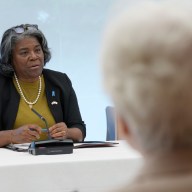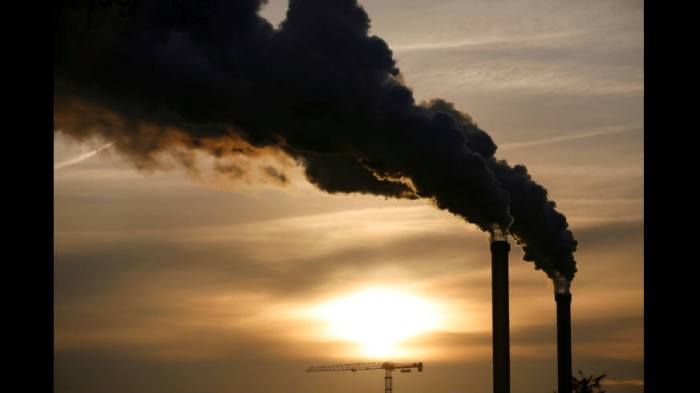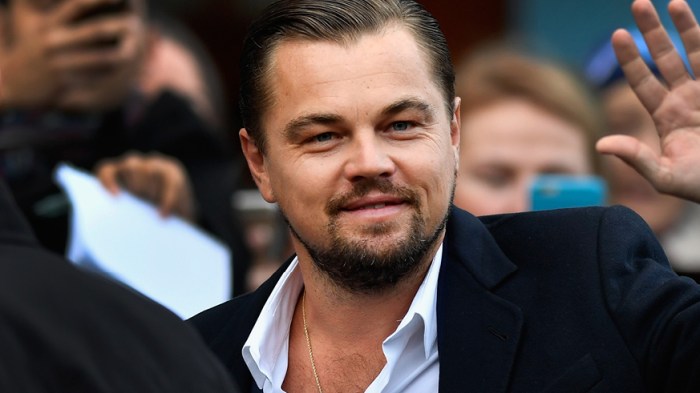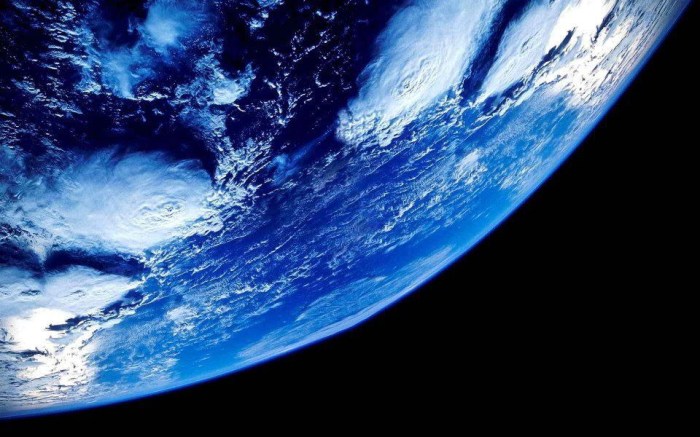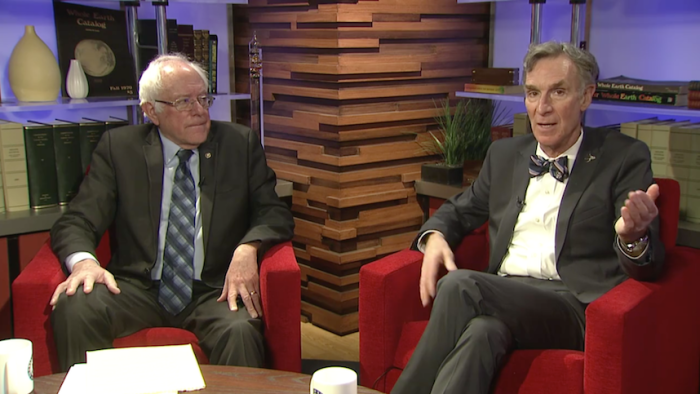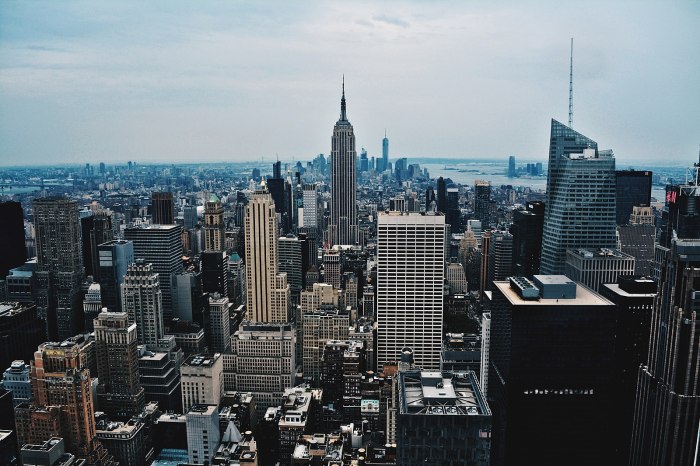President Donald Trump signed an executive order Tuesday dramatically undoing many of the nation’sclimate-change regulations that former President Barack Obama had implemented or supported. The previous measures had promoted clean energy and worked to reduce carbon emissions. The new Trump ordersareintended to limit dependence on foreign oil, while bolstering job creation in thecoal-miningand fossil fuel sectors domestically.
Metro spoke with John Oppermann, executive director for the Earth Day Initiative, about whatthe Trump administration’s shiftinclimate change policy means for the U.S.
How do environmentalists feel about Donald Trump’s new executive order?
I think that a lot of environmentalists are horrified withthe idea that what these institutions have been doing is not worthwhile. There is a concern that the institutions that protect our environment are so unappreciated. We take for granted that we have certain protections like those provided by the EPA (Environmental Protection Agency) and it’s easy to dismiss what those institutions provide for our wellbeing. They do to not just protect climate change, but also protect our air and our water. This particular executive order is an illustration of the short-sighted mindset that some people have when it comes to environmental challenges. Will the Environmental Protection Agency still protect the environment?
Discounting the contributions made by the EPA to our national welfare is dangerous. The new head of the EPA [Scott Pruitt] does not seem to understand this and it’s scary to think that the critical protections the EPA has provided could be scaled back. It’s really up to the public to raise our voices to make sure the EPA continues to protect our environment and our livelihoods. People need to talk about what we want out of our government and send signals through things like supporting organizations that have good sustainability policies. What will happen if the EPA does not enforce protections?
It’s kind of a dilemma resulting from the fact that we have had the luxury of environmental protections, and we don’t even know what it’s like to live without those protections. What happens to our air and water if we lose those protections depends on the decisions made by businesses and individuals. Many will continue to operate in a responsible way. But without the policies, it could be a less coordinated effort, and we lose the level playing field to spot the bad actors doing damage.
How does the U.S.’s new climate policycompare to other countries with proactive climate change programs?
I think its sets us back in terms of policies that we had working to advance,and it’s pushing us back into the last century when other countries are moving forward.
I think we are already moving too slowly when it comes to climate change, and this means we’re moving even slower. The damage already being done is just going to be magnified by efforts like this. President Trump said jobs are the priority in this policy, but do we stand to gain many jobs?
If you look at where the U.S. economy has created jobs, it’s solar and wind and renewable energy already dwarfing the job growth in the fossil fuel industry. We could continue to create more jobs in the clean energy industry if the government worked in tandem with the clean energy industry rather than against it. Credit for the growth in the clean energy industry goes to a variety of actors. Obama, state and local legislators, businesses themselves, advocacy groups that have brought us together in leading the transition to clean energy. What can people do if they are concerned about worsening climate change?
People will now have to take their own action to reduce climate change. We are launching a campaign that’s called Count to 50, for the 50th anniversary of Earth Day.
We’re connecting people with the ways that they can have an impact. Such as letting people know how to switch their utility bill to clean energy, which can take just 60 seconds but has an ongoing impact because its month after month, where money is going to clean energy rather than dirty energy. We’re connecting people with actions that on a personal level, to feel like you’re having an impact when things seem to be going in the wrong direction.
Trump’s new climate change policy: Will the EPA still protect the environment?
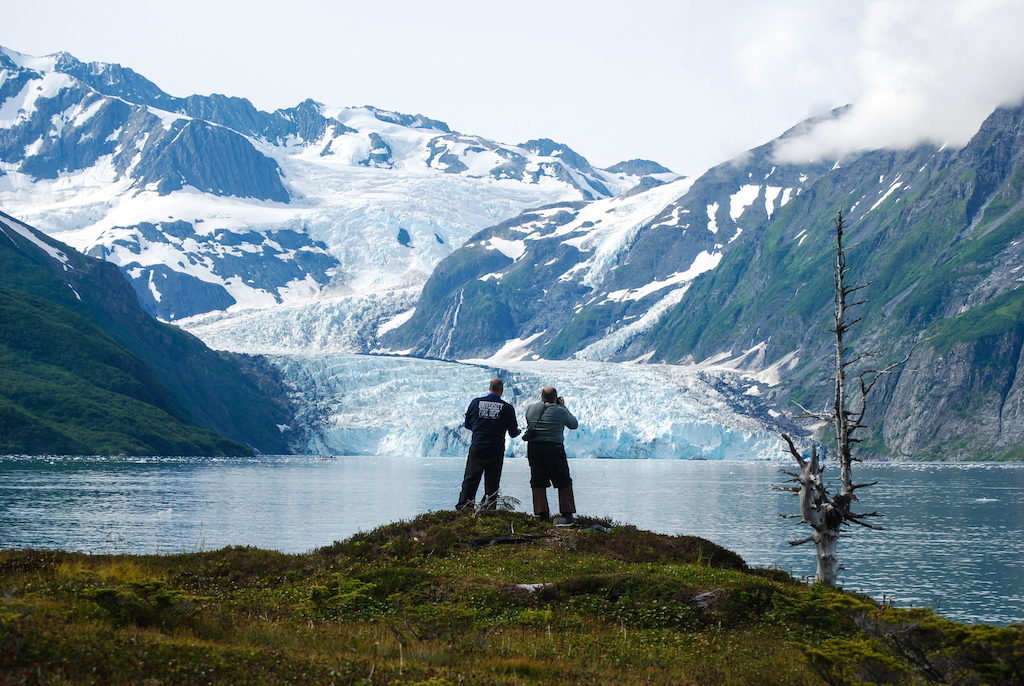
Don Becker/U.S. Geological Survey









